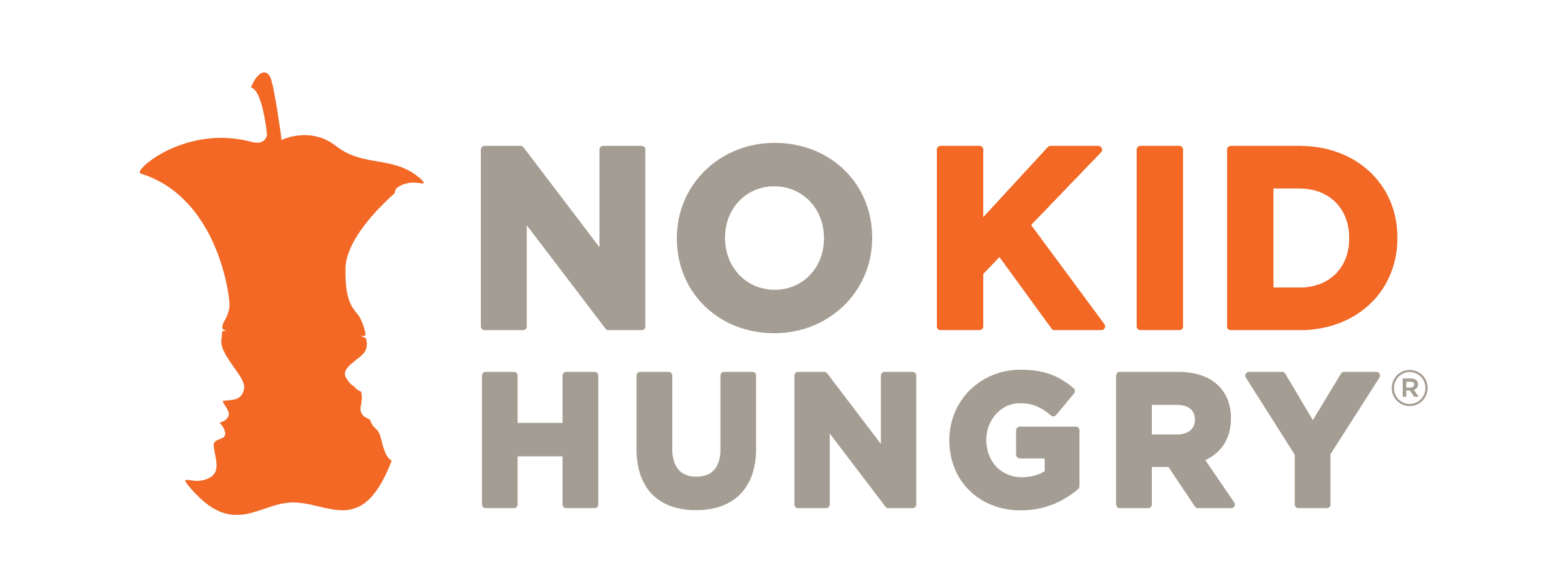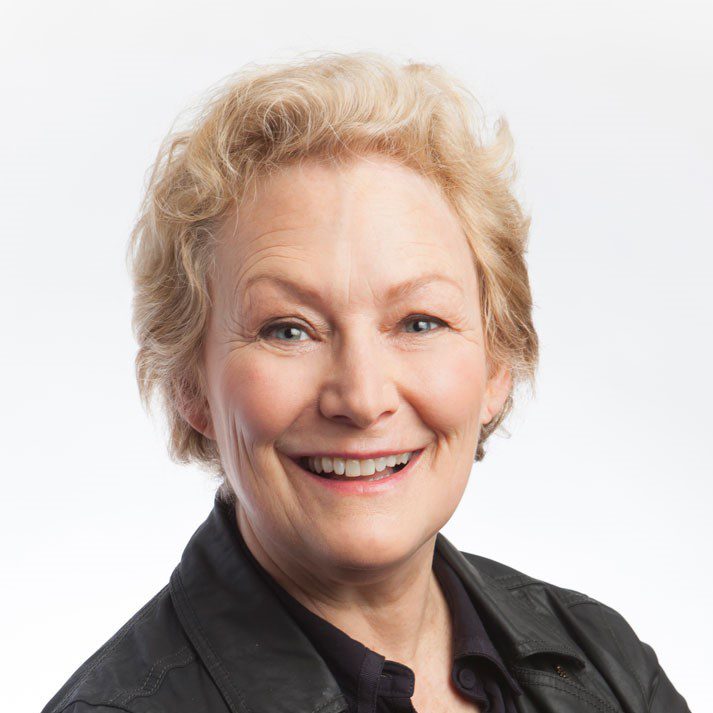
The Politics of Food Justice: Food as a Human Right
How can our food system empower people to choose clean, nutritious food? On this episode of Add Passion and Stir...
About This Episode
How can our food system empower people to choose clean, nutritious food? On this episode of Add Passion and Stir, Founder and President of the Daily Table Doug Rauch and grassroots organizer and chef Neftalí Durán discuss food justice. After a successful career as president of Trader Joe’s, Rauch launched Daily Table in the Boston area with the idea that food insecurity is a multi-faceted problem. “This is a system. There’s no silver bullet you can shoot and take care of the problem...It intersects with education, poverty, culture, and access,” he says. Durán, who is originally from Oaxaca, Mexico, agrees. “Food is political… food touches every issue... My work starts from the baseline that food is a human right,” he says. “If we start from the premise that food is a human right, we should never be dismissing people that need food,” he believes. Both social justice champions believe in trusting people and communities. Rauch admits that before founding Daily Table he almost went forward with a “beautiful solution to the wrong problem.” Instead, he listened at dozens of focus groups and community meetings. “I learned that they already had a better understanding of nutrition than I thought. It wasn’t like I had to convince someone that they had to eat fruits and vegetables. They … wanted to be given a chance to make the right choices,” he says. “Daily Table is designed primarily around making certain that food - which is the cheapest form of health care - becomes the basis and foundation for a family’s ability to provide a healthy outcome for life,” he says. Durán believes the solution to ending hunger lies in treating people with dignity - which has become much more difficult in the current political climate. Host Billy Shore asks how we empower people and communities. “One of the best ways to empower people is to listen to them. What do you need? How can we facilitate you eating healthier? What are the issues in the community? If we’re never listening, we’re really not empowering people,” he answers. Share in this impactful conversation about food justice, empowerment and dignity.Resources and Mentions:
Doug Rauch
The Founder/President of Daily Table, an innovative non-profit retail solution tackling the issue of hunger/obesity by utilizing the excess, high quality, nutritious food that would otherwise be wasted. Daily Table offers tasty, nutritious grab-n-go meals and groceries at affordable prices to the food insecure (49 million Americans) in our inner cities in a manner that delivers dignity and economic sustainability. Rauch spent 31 years with Trader Joe’s Company, the last 14 years as a President, helping grow the business from a small, nine-store chain in Southern California, to a nationally acclaimed retail success story. He developed their prized buying philosophy, created their unique private label food program, and wrote and executed the Business Plan for expanding Trader Joe’s nationally. He graduated from Trader Joe’s in 2008. He received his Executive M.B.A. from the Peter Drucker School of Management, Claremont University, where he won several honorary awards including the Early Career Outstanding Entrepreneur Award from Peter Drucker. Doug is co-CEO of Conscious Capitalism, Inc.; Trustee at Olin College of Engineering; Board of Overseers at WBUR; and serves on the board of several for-profit and non-profit companies.
Neftalí Durán
Born in Oaxaca, Mexico to a Mixteco family of cooks, healers and campesinos. In 1997, he migrated to Los Angeles and began working in restaurant kitchens, a process that stimulated his interest in his home region’s infinite gastronomy, culture, and food history. Through pop-up dinners, lectures, and community presentations, Chef Duran is currently focused on educating the public about indigenous culinary traditions, as well as cultivating synchronistic food styles that draw on Oaxacan roots. He leads the Nuestra Comida Project at Nuestras Raices, a grassroots urban agriculture organization. Nuestras Raices creates healthy environments and a more equitable food system in New England by facilitating community leadership, education, food access and policy change at the local, state and national level. Durán’s work is informed by his own experience as a migrant worker and 19 years of experience in the restaurant industry as chef, baker, and small business owner. He also collaborates with communities across the U.S. around indigenous culinary traditions, the effects of migration on people and food, and synchronistic food styles that draw on his Oaxacan roots. He has been featured on Food52.com and The Cooking Channel, and as a signature pitmaster at the Cook ‘n Scribble Longhouse Food Revival series in upstate New York. Durán was awarded Native American Chef of the Year by the National Museum of the American Indian in 2014, and in 2015 was invited by the American Food History Project to present about Oaxacan cuisine at the National Museum of American History.

No Kid Hungry
http://nokidhungry.org/Share Our Strength’s No Kid Hungry campaign is ending child hunger in America by ensuring all children get the healthy food they need, every day.
Root Cause Coalition
https://rootcausecoalition.orgThe Root Cause Coalition is a national, member-driven, nonprofit organization dedicated to addressing the root causes of health disparities by focusing on hunger and other social determinants leading to nationwide epidemic of preventable chronic health conditions.
Daily Table
A not-for-profit that believes that delicious, wholesome and affordable food should be available to all. They help communities make great choices around food by making it easy for them to choose tasty, healthy, convenient and truly affordable meals and groceries in a respectful manner that honors their customer, engendering dignity. They provide both “grab-n-go” ready to eat meals, and a selection of produce, bread, dairy and grocery items, all at prices designed to fit within every budget. Many of their items are prepared fresh daily in their own kitchen onsite. They offer an upbeat, clean and friendly retail store environment that is open to everyone in the community. They work with a large network of growers, supermarkets, manufacturers, and other suppliers who donate their excess, healthy food or provide special buying opportunities. In this way, they are able to keep prices affordable for all of their customers. Their meals are priced to compete with fast food options, making it easier for families to eat healthier within their means. And all their food is informed by guidelines set by a leading group of nutrition experts, which makes it easy for customers to make great food choices.
I-Collective
An autonomous group of Indigenous chefs, activists, herbalists, and seed and knowledge keepers. The I-Collective stands for four principles: Indigenous, Inspired, Innovative, and Independent. They strive to open a dialogue and create a new narrative that highlights not only historical Indigenous contributions, but also promotes community resilience and innovations in gastronomy, agriculture, the arts, and society at large. I-Collective insists that Indigenous food sovereignty is critical because many health issues are tied to colonialism and the exploitation of resources and people. They believe that food is the most intimate connection to ourselves, our ancestors, our communities, but most importantly to our future generations. Their vision is to increase visibility; own their foods and culture; promote Indigenous ingredients and histories in the modern world. They seek to strengthen intertribal relationships with food, agriculture, and technology as key components in the movement to revise Thanksgiving in the American imagination and present a more truthful history.


